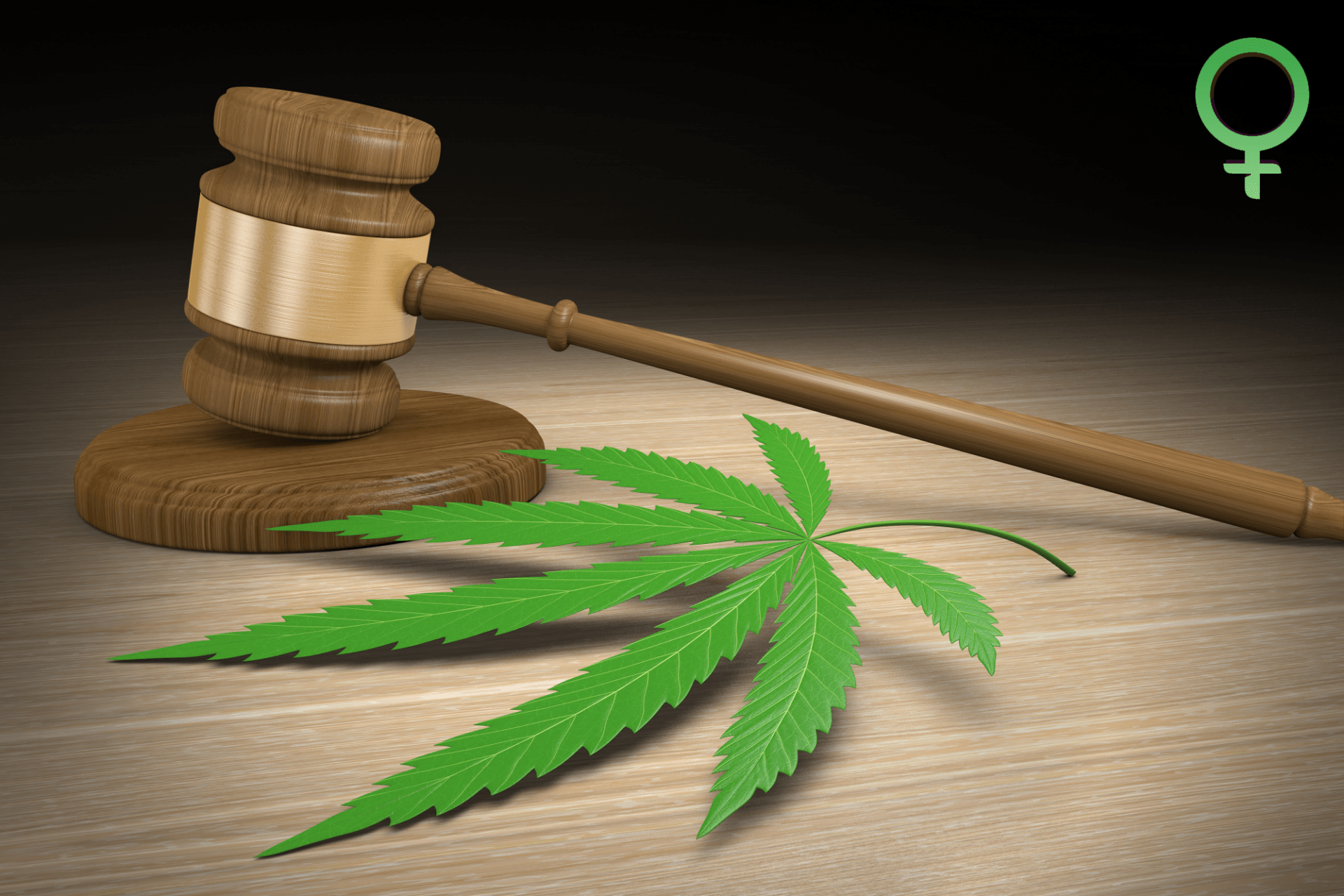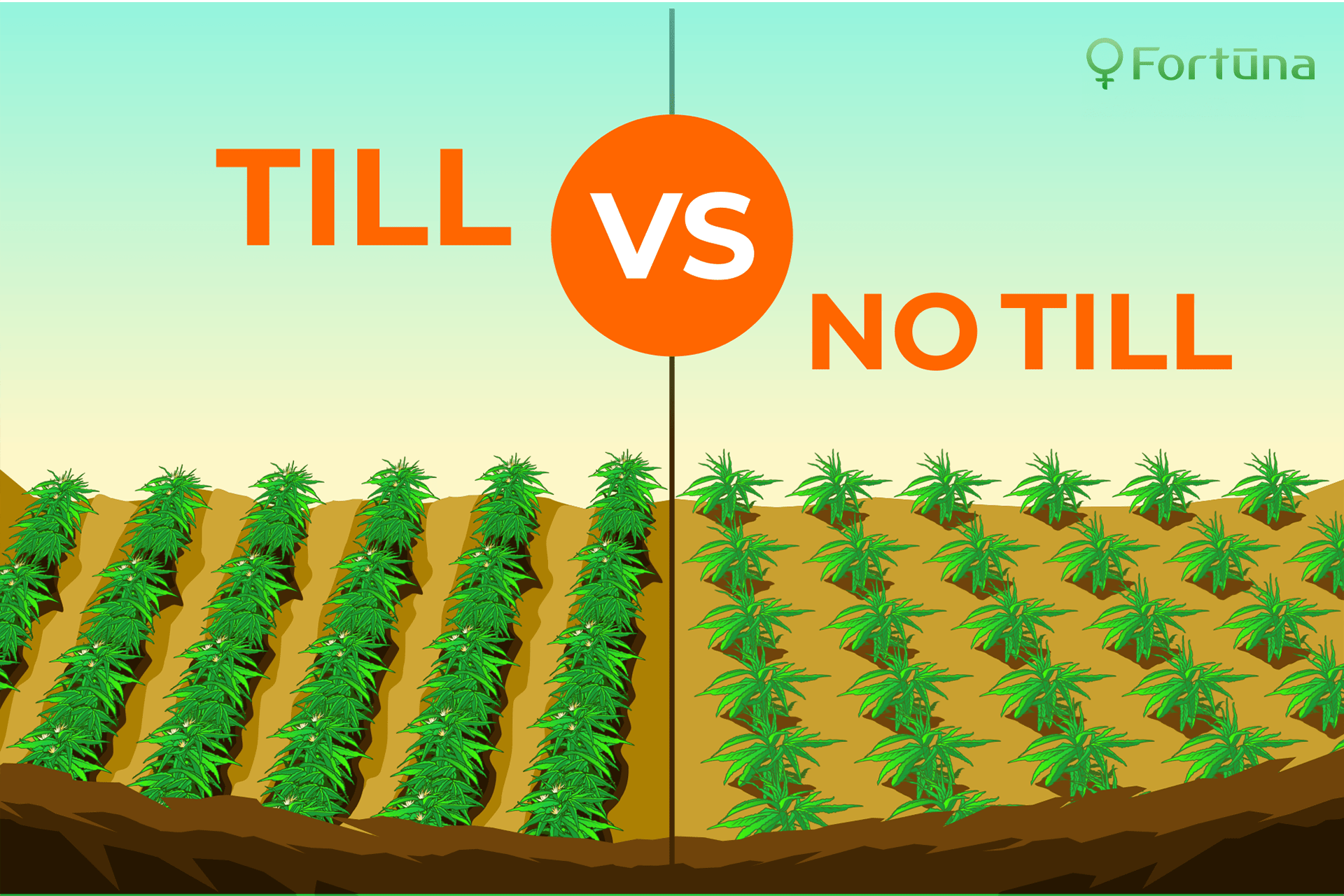
- CBD
-
by gu
The legality of hemp CBD in America is a hot topic of debate. Though the 2018 Farm Bill opened the floodgates for CBD companies nation-wide, there is still some confusion about what is and isn’t acceptable in the eyes of the law.
For example, while hemp CBD is now legal at the federal level through the 2018 Farm Bill passed in December 2018, there is still some confusion regarding its legality in each state. Today, we hope to dispel the confusion by taking a closer look at the legality of hemp CBD and the factors that may affect it.
The 2018 Farm Bill and the Legality of Hemp CBD in America
Though marijuana and hemp are similar, marijuana contains higher levels of THC, the cannabinoid compound that causes the well-known “high.” On the other hand, hemp is naturally rich in CBD and must contain 0.3% THC or less to even be considered hemp. The THC levels in hemp are so low that they can’t even cause a psychoactive high. These are the main characteristics that differentiate hemp and marijuana. The 2018 Farm Bill addressed hemp specifically while leaving marijuana federal marijuana legislation untouched.
One of the most important results of the 2018 Farm Bill was the removal of hemp from the Schedule I Substances list. Schedule I substances are defined as drugs that don’t currently have an accepted medical use and have high abuse potential. Examples of Schedule I drugs include heroin, LSD, marijuana, ecstasy, methaqualone, and peyote. By removing hemp from the Controlled Substances Act and declassifying it as a Schedule I substance, the 2018 Farm Bill paved the way for legal cultivation, possession, sale, and distribution of the plant itself and hemp CBD products.
The Farm Bill also gives states the authority to regulate the production and sale of hemp-based products. This amendment is of considerable benefit to many state economies. Kentucky, for example, has a rich heritage of hemp farming that goes back to colonial times. Because of the 2014 and 2018 Farm Bills, Kentucky increased its hemp-growing acreage from 32 acres in 2014 to 6,700 acres in 2018.
Additionally, while you can extract CBD oil from marijuana, it has a much higher THC content than hemp (with higher CBD content). With the federal legalization of hemp, states are encouraged to develop hemp-based CBD products instead of marijuana-based products.
Introducing The Industrial Hemp Pilot Program
The 2014 Farm Bill also created a significant milestone by allowing industrial hemp pilot research programs. The 2018 Farm Bill expanded on that by:
- Extending protections for hemp research, researchers, and the conditions under which to conduct hemp research
- Formally introducing hemp into the Critical Agricultural Materials Act in recognition of the plant’s potential diversity of applications.
Protection for hemp farmers was also an essential part of the 2018 Farm Bill. The bill did this through the 1980 Federal Crop Insurance Act. This pilot program allows hemp farmers to take out insurance against any unexpected crop losses incurred during a typical production cycle such as loss due to forest fires or droughts.
Things the 2018 Farm Bill Did NOT Do
Though hemp CBD is federally legal, it is still up to each state to decide its own CBD legislation. A person must ensure they are aware of their state’s laws before purchasing or using a hemp CBD product. For instance, in Virginia, you can buy and possess CBD, but only if you have a prescription for it.
Remember that marijuana-based CBD is still federally illegal. Marijuana is a Schedule I substance. As such, any CBD oil derived from marijuana is still a federally illegal substance.
Products that are legal for consumers are those that meet both state and federal regulations, as well as any other consumer guidelines. Consumers must make sure they abide by both federal and state laws when it comes to purchasing and using hemp CBD products. If a product falls short of any of the above conditions, then it is federally illegal.
State Hemp CBD Programs
Since the passing of the 2018 Farm bill, many states adopted useful hemp CBD programs. According to the National Conference of State Legislatures:
“At least 38 states considered legislation related to industrial hemp in 2018. These bills ranged from clarifying existing laws to establishing new licensing requirements and programs. At least six states—Alaska, Arizona, Kansas, Missouri, New Jersey and Oklahoma—enacted legislation in 2018 establishing hemp research and industrial hemp pilot programs. Georgia created the House Study Committee on Industrial Hemp Production. States, already allowing for industrial hemp programs, continued to consider policies related to licensure, funding, seed certification, and other issues. For example, Tennessee amended its Commercial Feed Law to include hemp.”
Read the full report to see which US states are conducting their own hemp CBD programs.
Final Thoughts Regarding the Legality of Hemp CBD in America
Hemp CBD is a hot commodity. However, it is essential to make sure individuals understand the legality of hemp CBD in America. From federal to state levels to what the 2018 Farm Bill did and did not allow, understanding the legality of hemp CBD will allow for a smoother transition into the use of this natural alternative for health and wellness.
What are the hemp CBD laws in your state? Share them in the comments below!


